Lazy is a very strong word, I like to call it 'selective participation.'
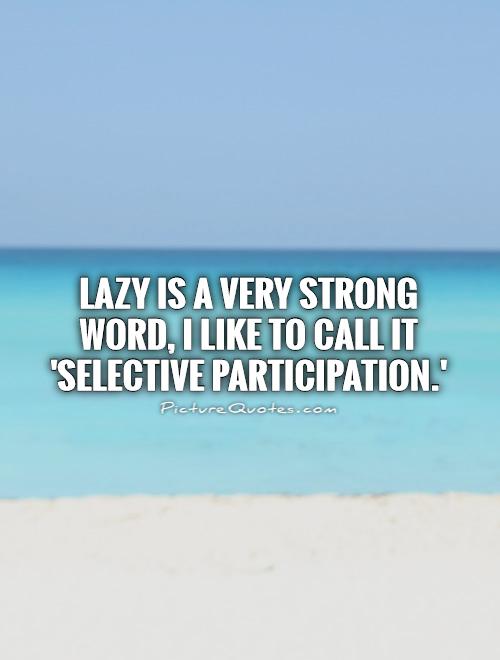
Lazy is a very strong word, I like to call it 'selective participation.'
The phrase "lazy is a very strong word, I like to call it 'selective participation'" challenges the negative connotations often associated with the word "lazy." In our society, laziness is often viewed as a character flaw or a sign of weakness. However, by reframing laziness as "selective participation," we can shift the focus from judgment to understanding.When we label someone as lazy, we are making assumptions about their intentions and abilities. We are quick to judge without considering the underlying reasons for their behavior. By using the term "selective participation," we acknowledge that individuals may choose not to engage in certain activities for valid reasons. It allows for a more nuanced understanding of their actions and opens up the possibility for empathy and compassion.
Furthermore, the phrase challenges the idea that productivity and constant busyness are the only markers of success. In a culture that values hustle and grind, taking a step back and practicing self-care is often seen as lazy. However, it is important to recognize that rest and relaxation are essential for overall well-being. By reframing laziness as "selective participation," we can encourage a more balanced approach to life that prioritizes self-care and mental health.
Additionally, the phrase highlights the importance of autonomy and choice in how we engage with the world. Not every activity or task is worth our time and energy, and it is okay to be selective in what we choose to participate in. By embracing our agency and setting boundaries, we can create a more fulfilling and meaningful life.
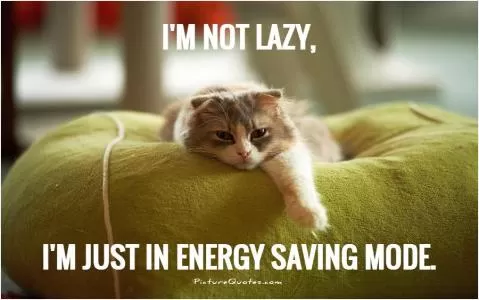

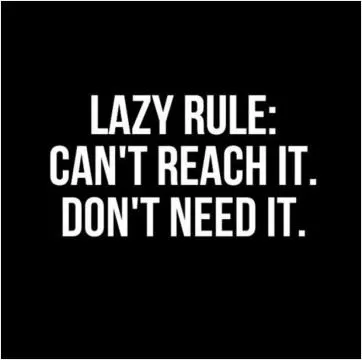
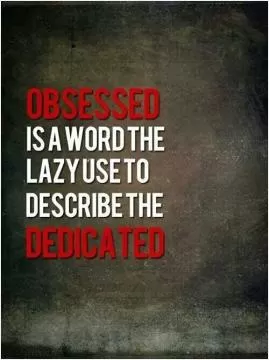
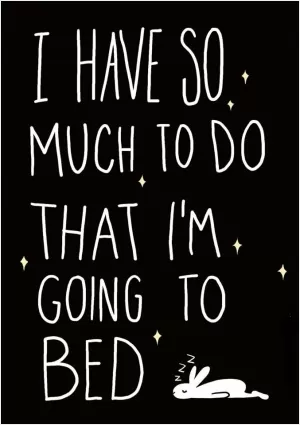
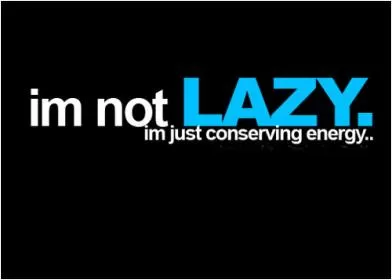
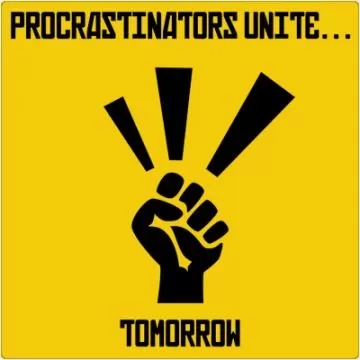




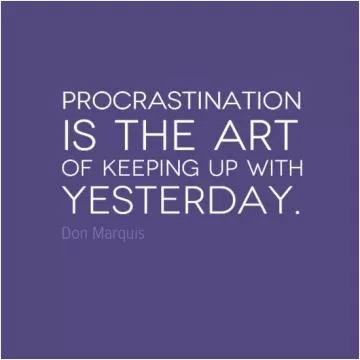
 Friendship Quotes
Friendship Quotes Love Quotes
Love Quotes Life Quotes
Life Quotes Funny Quotes
Funny Quotes Motivational Quotes
Motivational Quotes Inspirational Quotes
Inspirational Quotes